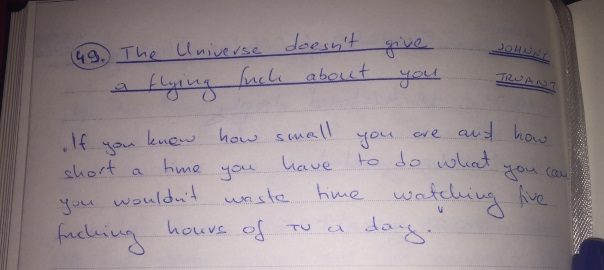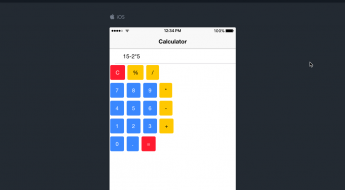Regular expression to match sets of numbers that are not equal nor reversed


I’m a big fan of Stack Overflow and I tend to contribute regularly (am currently in the top 0.X%). In this category (stackoverflow) of posts I will will be posting my top rated questions and answers. This, btw, is allowed as explained in the meta thread here.
My quesiton was:
I am referring as a follow up on this question here: Regular expression to match two numbers that are not equal
Now my other question scenario is this:
P121324 - T P1212 - F - we got this covered in the message on link above (no same "sets") P1221 - F - now new restriction -not even the reversed digits 12-21
But, the problem now is that the P string can be very long! – like this:
P121315162324
please notice this is ok since the “sets” are:
12131415162324
Now, I could make this in the code (PHP) by checking if there are repetitions, but I was wondering if this can be done with single regex command?
The answer, by Mark Byers, was:
Try this:
^P(?:([0-9])(?!\1)([0-9])(?!(?:..)*(?:\1\2|\2\1)))*$If you want the digits to be restricted to [1-6] like in your previous question then change [0-9] to [1-6].
See it working online: rubular
Here is a breakdown of the regular expression:
^ Start of string/line. P Literal P (?:<snip>) Non-capturing group that matches a distinct pair of digits. See below. * Zero or more pairs (use + if you want to require at least one pair). $ End of string/line.Explanation of
([0-9])(?!\1)([0-9])(?!(?:..)*(?:\1\2|\2\1))– match one pair:([0-9]) Match and capture the first digit. Later refered to as \1. (?!\1) Negative lookahead. The next character must not be the same as \1. ([0-9]) Match and capture a digit. Later refered to as \2. (?!<snip>) Negative lookahead. Check that the pair doesn't occur again.Explanation of
(?:..)*(?:\1\2|\2\1)– try to find the same pair again:(?:..)* Match any number of pairs. (?:\1\2|\2\1) Match either \1\2 or \2\1.





Leave a Comment